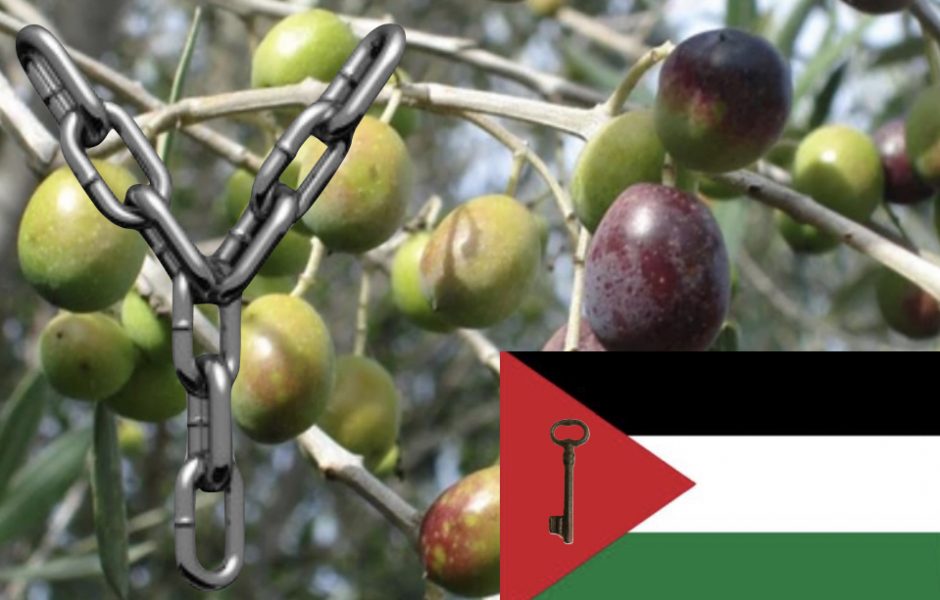S.T. Salah, 08/10/25

Scene:
A vast, scorched playground — sand, rubble, and fragments of kites. A single olive tree stands, its shadow shaped like wings.
Handala, barefoot and facing away, draws lines in the dust. A boy’s faint footsteps approach.
⸻
Handala:
Salam, Ali. Welcome to my playground. What happened to your chest?
Ali:
I was playing football with my friends in Gaza. The Israeli soldier aimed… and fired.
He said he thought we were “threats.” I guess my laughter sounded dangerous.
Handala:
(silent pause)
I know that sound — the sound of a world frightened by children’s joy.
Ali:
Who are you? And how do you know my name?
Handala:
I am the boy who never grows up. The one with his back turned.
They call me Handala. You’ve seen me — on walls, on ruins, on the hearts of those who still dream.
Ali:
You’re real? You can speak?
Handala:
Only to those who crossed between breaths. You must be eight.
Ali:
Yes. And you?
Handala:
Ten. Forever ten. The age when I lost my home — and the world lost its reflection.
Ali:
But why do you never turn around? Don’t you want to look at me?
Handala:
I can’t. My creator said I would face the world only when justice faces us back.
Until then, I stand in witness — not in surrender.
Ali:
(sighs)
That’s a long wait.
Handala:
Yes. Eternity feels longer when children keep joining me.
Ali:
Tell me, why the torn clothes?
Handala:
Because the poor are stripped of everything except dignity.
And I wear what truth wears when lies are well-fed.
Ali:
I know that hunger. My father was a journalist — he wrote truth.
They shot him for it. Then my mother and my nine brothers were killed when our home was erased by a bomb.
Twenty-six people inside — they called it “collateral.”
Handala:
The language of beasts spoken in the halls of men.
Did you survive by chance?
Ali:
I was in line for bread. That’s the irony — hunger saved me.
For a while.
Handala:
You were lucky.
Ali:
Luck is just another name for what others call “grace.”
But tell me, Handala — why do humans call themselves civilized when they act like predators?
Handala:
Because they invented words to hide their claws.
They cage lions for safety but free soldiers for sport.
Ali:
So who’s the animal then?
Handala:
Maybe the one who kills for power and prays for peace.
Or the one who builds walls to feel taller.
Ali:
And the human?
Handala:
The one who still weeps for others — even when there’s no one left to weep for him.
Ali:
Then maybe we’re the last humans left.
Handala:
Maybe. Or maybe we’re the beginning of something purer — the echo of conscience they tried to bury.
Ali:
Let’s play a game before the next silence arrives.
Handala:
What shall we play?
Ali:
“Human and Animal.” You said you’d teach me.
Handala:
It’s simple. We take turns naming actions — one human, one animal — and see which one sounds kinder.
Ali:
You start.
Handala:
The animal feeds its young before itself. The human drops bombs at dawn.
Ali:
The animal mourns its dead. The human counts them.
Handala:
The animal kills to survive. The human kills to prove.
Ali:
The animal defends its den. The human invades another’s home.
(They pause. The olive tree rustles. A dove lands beside them, then flies upward.)
Handala:
You win, Ali.
Ali:
No, Handala. We both lost.
Handala:
Perhaps. But someday, when I finally turn around…
I hope the world will have learned how to be human again.
(The wind carries their voices away, mingling with the echoes of laughter once heard in Gaza’s streets.)
